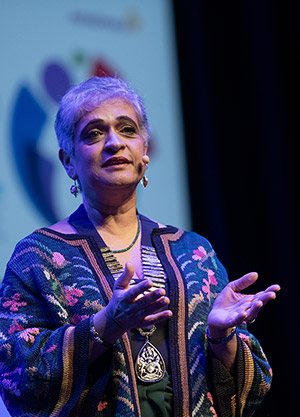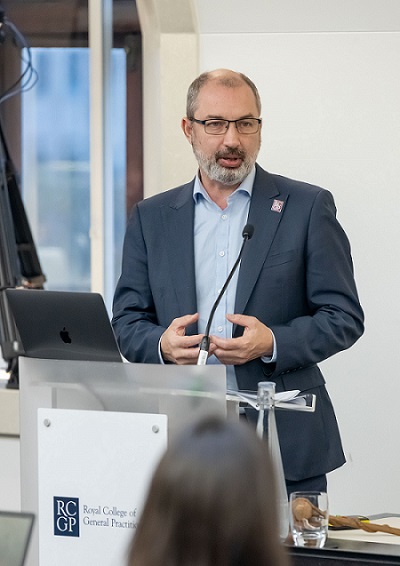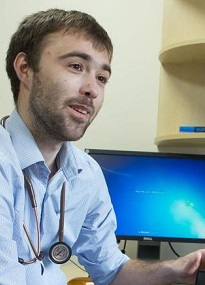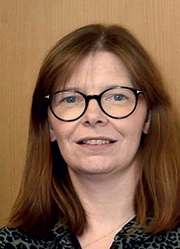
In Northern Ireland, general practice continues to face challenges on an unprecedented level with a real risk of total destabilisation
Since March 2022, 18 GP practices across Northern Ireland have handed back their contracts. To put this figure into context, the combined list size of these practices totals almost 100,000 patients. In the majority of these instances, the new contract holder is not a GP partnership but either a Federation Support Unit Management Community Interest Company or a Health and Social Care Trust has needed to step in.
While these measures have prevented the practices from closure, they are clearly just stop gap measures which do not address the crisis general practice is facing.
The crisis is multifaceted and complex, but clearly we are not training enough doctors to meet the rising demand or addressing the unsustainable workload levels in general practice. This lack of support has led many colleagues to consider reducing clinical sessions or leaving the profession altogether. While this mirrors many of the challenges in general practice across the UK, this is uniquely compounded locally by the fact we have no functioning political institutions following another collapse of the Executive and Assembly in January 2022. We are also working with a single year budget that has left the Department of Health in a deficit of more than £300million.

The many challenges have been well articulated, and under the leadership of Dr Ursula Mason, Chair of RCGPNI, the College in Northern Ireland has been working hard to try to find solutions for the crisis we are facing. Despite the political paralysis, we have been engaging closely with our elected representatives and in January of this year, we hosted a successful roundtable meeting, jointly with our BMA colleagues, that had all five of the main political parties in attendance. This culminated in a joint letter to the Permanent Secretary, which provided him the space and cover he needed to take some key decisions including; freeze of the Quality and Outcomes Framework and retaining an uplift in training places. At the invitation of the Permanent Secretary, we, along with colleagues in other Royal Colleges, attended a workshop to discuss the health crisis.
Our proactive engagement with stakeholders including the Director of Primary Care and the Head of General Medical Services, provides a vital opportunity to advocate for the profession as does our participation on the GP Access taskforce and attendance at workshops on GP sustainability. We are also engaging with members from across Northern Ireland on our GP retention roadshow series to understand issues facing GPs at a local level. We hope to launch a retention strategy, to present to stakeholders, in the months ahead. Dr Mason has also used every opportunity to represent the concerns of GP colleagues across television, radio and print.
In the midst of a crisis, it is sometimes difficult to remain hopeful, but RCGPNI will continue to ensure the College remains a representative voice for GP colleagues in Northern Ireland.
Read more
Thank you for your feedback. Your response will help improve this page.




